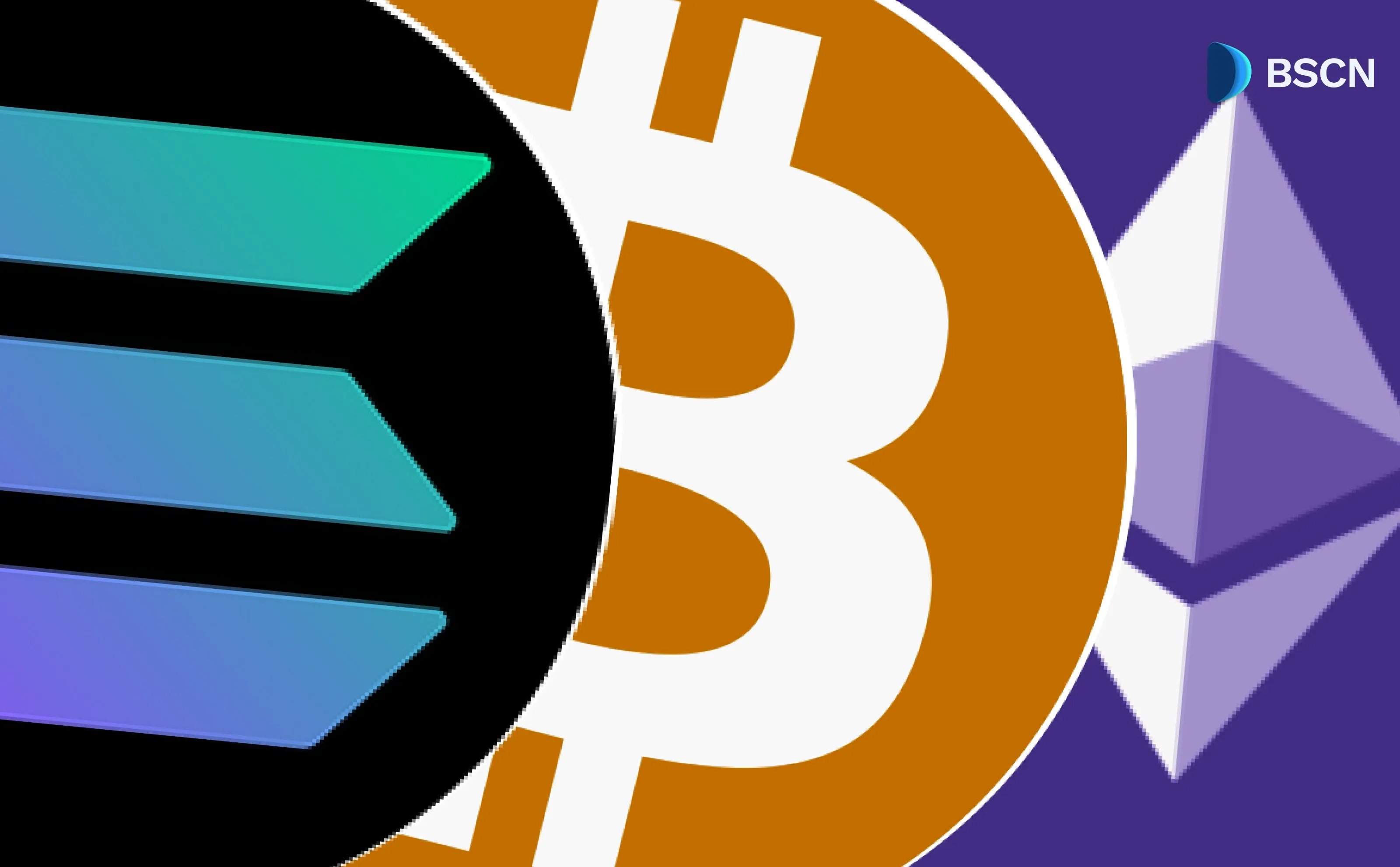BTC
Bolivia Lifts 4-Year Ban on Bitcoin, Allowing Crypto Transactions via Banks

However, cryptocurrencies are not recognized as legal tender, and businesses are not obligated to accept them as payment.
BSCN
June 28, 2024
Bolivia's Central Bank (BCB) has officially reversed its 2020 ban on Bitcoin and other cryptocurrencies after a four-year hiatus. This move aligns Bolivia with neighboring Argentina's more permissive stance on digital assets, signaling a significant shift in the country's approach to modern financial systems.
El BCB, en coordinación con la ASFI y la UIF, a fin de modernizar el sistema de pagos, emite la Resolución de Directorio 084/2024, respecto al uso de los Activos Virtuales.
— Banco Central de Bolivia (@BancoCentralBO) June 26, 2024
Lee la nota completa: https://t.co/37Zpgg0V62#UnPaísUnidoEsUnPaísFuerte #ElBCBGarantíaDeLaEstabilidad pic.twitter.com/PX1uai8BeY
End of a Four-Year Ban
The BCB announced on June 26 that financial institutions can now engage in cryptocurrency transactions via authorized electronic channels. This decision overturns the 2020 prohibition enacted under Board Resolution N°144/2020, in coordination with the Financial System Supervision Authority (ASFI) and the Financial Investigations Unit (UIF).
The aim is to modernize Bolivia's financial system and acknowledge the growing importance of digital currencies in the global economy.
Despite lifting the ban, the BCB emphasized that cryptocurrencies are not considered "legal tender" in Bolivia.
The only legal currency remains the "Boliviano." As such, businesses are not obligated to accept cryptocurrencies as payment, and users must bear the associated risks. The BCB plans to include cryptocurrency safety information in its Economic and Financial Education Plan to address these risks.
Bolivia’s Shifting Crypto Regulations
The lifting of the ban marks a significant change in Bolivia's regulatory stance on cryptocurrencies. In 2014, ASFI prohibited crypto use due to concerns over consumer protection and money laundering.
This ban was tightened in 2022, citing risks of fraud and economic losses. Now, Bolivia joins other Latin American countries with more pro-crypto regulations, allowing banks to transact in cryptocurrencies via approved electronic channels.
The BCB, under its Economic and Financial Education Plan, intends to create an awareness program for the general public. This initiative aims to educate people about the potential risks associated with cryptocurrencies and how to manage them responsibly.
Disclaimer
Disclaimer: The views expressed in this article do not necessarily represent the views of BSCN. The information provided in this article is for educational and entertainment purposes only and should not be construed as investment advice, or advice of any kind. BSCN assumes no responsibility for any investment decisions made based on the information provided in this article. If you believe that the article should be amended, please reach out to the BSCN team by emailing [email protected].
Latest News
Crypto Project & Token Reviews
Project & Token Reviews
Comprehensive reviews of crypto's most interesting projects and assets
Learn about the hottest projects & tokens







